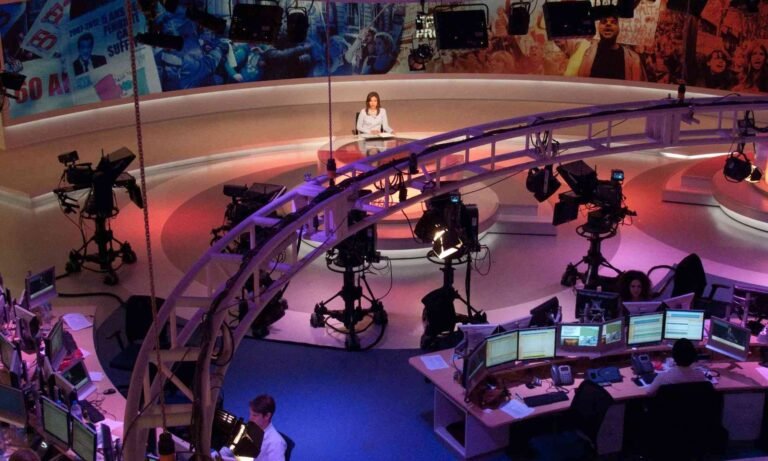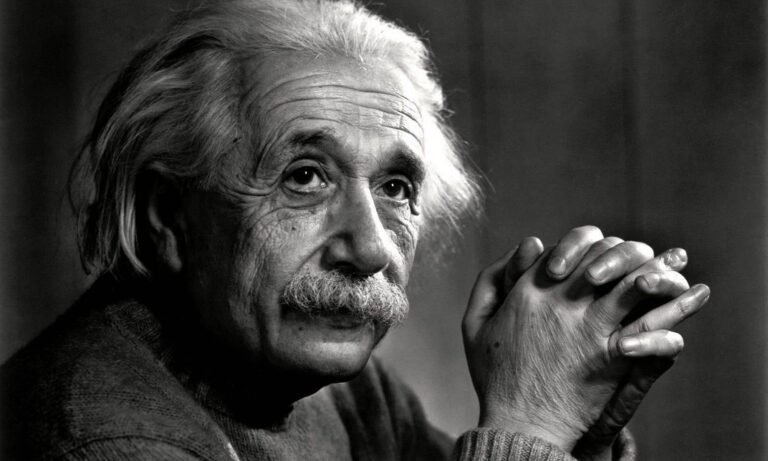Science-Fiction
A Genre That Explores the Boundaries of Imagination
Science fiction is a genre that has captivated readers and viewers for generations. It’s a realm where the imagination can run wild, and the only limits are those of the mind itself. This genre has given us some of the most memorable stories, characters, and visions of the future. It’s a space where science meets creativity, resulting in a plethora of possibilities that range from the eerily plausible to the wildly fantastical. Through its speculative nature, science fiction often explores profound themes such as the impact of technology on society, the nature of humanity, and the ethical dilemmas posed by scientific advancements. It challenges us to think beyond the present and consider the potential consequences of our actions, making it a powerful tool for reflection and inspiration.
The Essence of Science-Fiction
At its core, science fiction is about exploring the unknown. It takes the question “What if?” and runs with it, often leading to explorations of space, time, and the very nature of humanity. It’s a genre that challenges our understanding of the world and pushes us to think about the future. From dystopian societies to utopian visions, science fiction presents a mirror to our current world and the direction we’re headed.
The Diversity of Science-Fiction
The genre is incredibly diverse, encompassing a wide range of sub-genres, each with its own unique flavor. There’s hard science fiction, which focuses on scientific accuracy and technical detail. Then there’s space opera, with its grand, epic tales set in the vastness of space. Cyberpunk offers a grittier view of the future, with a focus on technology and its impact on society. And these are just a few examples of the rich tapestry that science fiction weaves.
The Impact on Society
Science fiction has not only provided entertainment but has also influenced real-world science and technology. Many inventions we take for granted today were once mere figments of a writer’s imagination. The genre has inspired scientists and inventors to push the boundaries of what’s possible. It’s a testament to the power of human creativity and its ability to shape the future.
The Future of Science-Fiction
As we move forward, science fiction continues to evolve. It reflects our changing world and the new challenges we face. With advancements in technology and a deeper understanding of the universe, the stories told within the genre grow ever more complex and intriguing. Science fiction is not just about predicting the future; it’s about creating a dialogue about what kind of future we want to see.
In conclusion, science fiction is more than just a genre; it’s a lens through which we can view the potential of the human race and the universe we inhabit. It encourages us to dream, innovate, and aspire to a future as boundless as the cosmos itself. By exploring futuristic worlds, we gain new perspectives on our society, challenge existing norms, and envision alternative realities. Through its imaginative narratives, science fiction inspires curiosity and wonder. Whether you’re a lifelong fan or a newcomer, there’s never been a better time to dive into the world of science fiction and explore the limitless possibilities it offers.
The Future of Humanity
The future of humanity is a subject that has long fascinated scientists, philosophers, and dreamers alike. It’s a topic that invites us to explore the realms of possibility and to envision the shape of things to come. As we stand on the precipice of new discoveries and technological advancements, the future seems both exhilarating and daunting.
One of the most compelling visions for humanity’s future comes from the mind of physicist and futurist Dr. Michio Kaku. In his book “The Future of Humanity,” Kaku delves into the prospects of terraforming Mars, interstellar travel, and even immortality, painting a picture of a destiny that stretches beyond the confines of Earth. His work not only captures the imagination but also reflects a deep understanding of the cutting-edge research that could make these dreams a reality.
The concept of terraforming Mars, for instance, is no longer relegated to the pages of science fiction. With advancements in robotics, nanotechnology, and biotechnology, the idea of creating habitable cities on the Red Planet is being seriously considered. This endeavor could mark the beginning of a multi-planetary existence for humanity, ensuring our survival and providing new frontiers for exploration and growth.
Interstellar travel, too, is on the horizon. Technologies such as nanoships, laser sails, and fusion rockets are being developed, which may one day allow us to journey beyond our solar system.
The potential to travel to distant galaxies opens up the possibility of encountering new worlds, new resources, and perhaps even new forms of life.
But the future of humanity isn’t just about reaching outward into space; it’s also about looking inward and advancing our own biological capabilities. Genetic engineering may pave the way for humans to adapt to different environments, potentially extending our lifespans and enhancing our physical and cognitive abilities.
Read More
Moreover, the concept of transferring human consciousness into non-biological machines offers a form of immortality that was once thought impossible. This could lead to a future where our minds are no longer bound by the limitations of our physical bodies, allowing us to experience existence in entirely new ways.
As we explore these possibilities, we must also consider the ethical implications and the societal transformations that will accompany such profound changes. The future of humanity will be shaped not only by our technological capabilities but also by our values, our decisions, and our willingness to embrace the unknown.
In conclusion, the future of humanity is a vast and complex tapestry woven with the threads of innovation, discovery, and aspiration. It challenges us to think big, to push the boundaries of our understanding, and to take bold steps into a future that holds limitless potential. The journey ahead is uncertain, but it is one that we embark upon together, with hope and determination to forge a better tomorrow for all of humankind.
UFOs & Aliens
The fascination with unidentified flying objects (UFOs) and the possibility of extraterrestrial life has captivated humanity for generations. This intrigue has only deepened as we’ve made significant strides in space exploration and technology. The past year has been particularly enlightening, with several key developments that have both advanced our understanding and fueled our curiosity.
Read More
One of the most notable revelations was the ‘turning point’ in UFO research. With an increase in UAP (Unidentified Aerial Phenomena) sightings, experts have leveraged improved technology and software tools to gather more compelling evidence. This has led to a more scientific approach to studying these phenomena, moving away from mere speculation to a data-driven analysis.
Moreover, the deployment of the most powerful telescopes into orbit has opened new frontiers in the search for extraterrestrial life. These advanced instruments are now scanning alien worlds, seeking signs of life and expanding our knowledge of the cosmos. The potential for discovering life on exoplanets has never seemed more within reach.
On Earth, the conversation has taken an interesting turn with the cryptoterrestrial hypothesis, which suggests that intelligent beings responsible for UFO sightings might be concealed on our planet. This theory posits that they could be underground, on the far side of the moon, or even among us, disguised as humans. While this remains a speculative idea, it underscores the breadth of possibilities that researchers are considering.
Are we alone in the universe? As we continue to explore the skies and beyond, each discovery brings us closer to understanding our place in the vast expanse of space. The journey is far from over, and the answers we seek may be just on the horizon. For more on the latest in UFO and alien research, stay tuned to the unfolding scientific narrative.
What’s More

My Blog ( 112 )
Dependence (10) Fiction (10) Karma (9) Landmarks (10) Paramount (9) Spectrum (9) Spotlight (10) Take Off (9) Terra Shapes (9) Trepidation (9) Unique (9) Virtue (9)
Amazing Stuff (9) Beyond Known (10) Controversial (9) Digital World (10) Inequities (10) Innovative (9) Metaphysics (9) Orbiting Entities (10) Our Society (10) Outer Space (9) Value Creation (10) Yearnings (10)

My Interests ( 115 )
Site Forum
Curious to dive deeper and ready to share your thoughts on this? Join the conversation and be part of the FORUM@ericroth.org Your online discussion board providing space for engaging exchanges on specific topics and shared interests across this website.
















